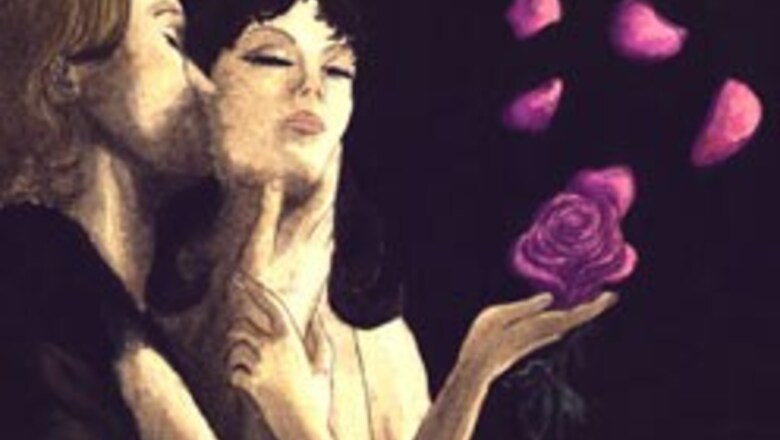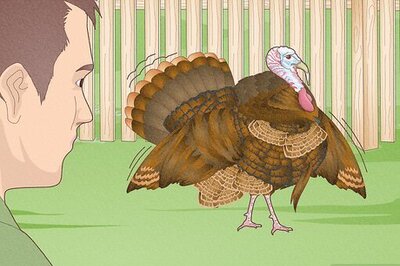
views
Casablanca (Morocco): In a darkened lane the young lovers crouch and caress. The girl leans to kiss the boy, and then hesitates.
He removes the Star of David pendant hanging from his neck and fastens it around hers, where she can no longer see it. "This way, you'll think of other things," he says gently.
The scene is just one of many provocative moments in the movie
Marock, a story of Jewish-Muslim love challenging taboos in this traditional Muslim society and provoking Islamic politicians' ire.
The movie only won general release on screens here this week, nearly a year after it showed at the Cannes Film Festival in 2005, following a long vetting by government censors.
The Justice and Development Party, Morocco's increasingly popular Islamist political party, claims that Marock breaks a Moroccan law forbidding offense to Islam.
"It's a mockery of Moroccan spiritual life," said Abdelkader Amara, a member of the PJD's general secretariat.
The film is a about Rita, a rebellious daughter of Casablanca's thin upper crust, as she and her friends approach the end of high school, and then adulthood.
Along the way, they gulp whiskey, smoke hashish, party, eat during Ramadan, and indulge in romantic intrigue.
Rita's youthful hedonism gets complicated when she falls for handsome daredevil Youri, a Jew. While her friends accept the affair, she must hide it from her tradition-bound parents and religiously conservative older brother.
"I don't care about religion," Rita tells Youri. "I just want to be able to kiss you where I want and when I want," she adds.
Director Laila Marrakchi, a Muslim married to a Sephardic Jew, grew up in the moneyed Casablanca milieu her film depicts.
"I wanted to make an American Graffiti in Morocco, to show a certain kind of Moroccan youth who exist even if some people would like to deny it," she said.
"I knew in making this film that some things were going to cause discomfort, notably the love relationship between a young Muslim and young Jew. But for me, it is a symbol of peace and tolerance in a complicated world,” she added.
Morocco prides itself on religious tolerance and is home to a centuries-old Jewish community.
While anti-Jewish feeling has accompanied moments of political tension, and Jewish religious and community sites were targeted in bombing attacks in Casablanca in 2003, Moroccan Jews and Muslims have generally coexisted peacefully.
"We're all Moroccans, and we live together," said Mehdi Bikki, 17, who caught Marock at a Casablanca multiplex with a group of his friends.
But the symbolism of the Star of David went too far, they said.
"That the girl accepted (the necklace), that bothers me" said Amal Rohda, 17. "I would never have done that,” she added.















Comments
0 comment